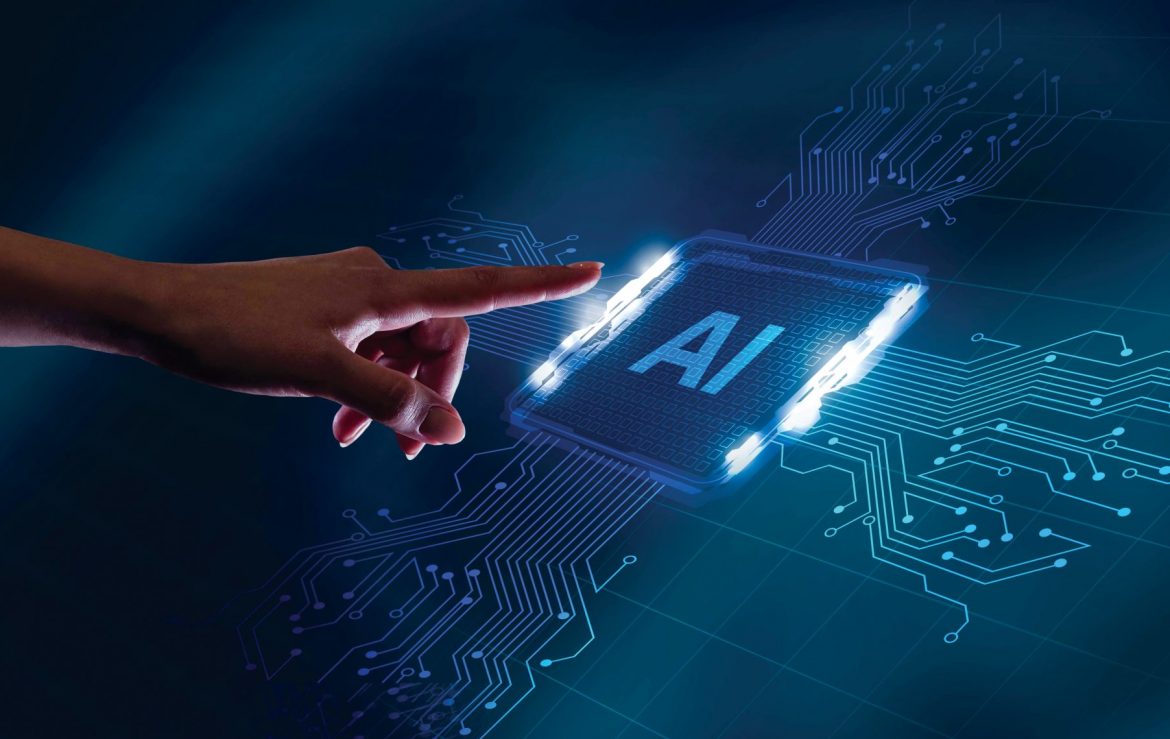A paper published by TRENDS Research & Advisory takes an interesting tour of the Artificial intelligence (AI) potential, and explores ways in which it influences our lives.
The author, Dr. Patrick D. Bangert, Vice President of AI at Samsung SDS, claims in this article, titled “AI is here to stay: Look at manufacturing, logistics, retail, education, and healthcare” that AI, in no uncertain ways, affects what people see, buy, and think and governs how everyday products and services are made and provided.
Bangert emphatically demands the attention of his readers by explaining how AI has developed over the years and how we should take advantage of AI potential to innovate and drive improvements to everyone’s lives.
“People behave in predictable ways amenable to mathematical description. An interesting case in point is the description of traffic jams in terms of thermodynamic physics, which leads to an actionable theory of traffic management to prevent jams (Weber, 2000)….Concerted advertising and marketing efforts by global industries tell people what they ought to want, and thus they want it,” the author elaborates on how AI impacts the minute details of everyone’s lives.
The writer believes that the retail industry, in general, has probably adopted artificial intelligence the most.
“All of us are retail customers ourselves. When going to a website of a large retailer, we are often immediately prompted with a chat window asking us if we have any questions. At the other end is an artificial intelligence natural language program chatbot that responds to our questions. If you ask questions relevant to the products, you may get a reasonable answer. These bots are helpful to both the company and the consumer because the consumer gets immediate responses, and the company doesn’t have to invest in human personnel.
“We are all used to the conundrum of purchasing airplane tickets, and it seems to us that the prices vary widely depending on the time at which we ask for the price and the details of when we wish to fly. The truth is that these real-time prices are computed by AI methods that have been trained on such query data and make their conclusions based on who you might be and how urgent your request might be. We obtain propositions to purchase some goods through retail websites because they are related to the goods we searched for.”
Bangert, on this score, cites the tool retailers use to influence customers’ behavior: “a recommender system”.
“A subscription service like Netflix recommends movies to watch. On large retail platforms like Amazon, the recommender system suggests other products to purchase. Recommenders are probably the most prevalent AI models deployed today…Even if the accuracy of a recommender system is relatively low, its commercial benefit to the retailer can be significant,” he explains.
The writers go on to elaborate on the role AI plays in both the linear and circular economy by shedding extensive light on its impact on various sectors, including logistics, manufacturing, and upstream industries, like mining.
“Safety is always an important concern for logistics, and so the popular use case of AI, namely autonomous driving, is popular for the logistics sector also…. The most popular use case of AI for the manufacturing of parts is scrap tracking… One may detect scrap physically…. However, these can be augmented and made much more intelligent by analyzing the streaming data from all the production machines and judging in real-time whether the machines have performed correctly or not….
“The use of AI in mining and has increased significantly over the last decade. The analysis of data to locate deposits is one of the primary use cases. The digging or drilling process to get to these deposits can also be optimized by AI.”
The author goes on to explain the AI impact on the healthcare system. “Certain wearable technologies such as smart watches and other smart sensors that measure simple quantities in the human body continuously…These statistics, combined with recommender systems, can ask you to perform certain activities and help you stay well longer so that you do not need to diagnose any condition.”
In conclusion, the writer drives home his conviction that AI is here “to stay and will grow in its influence and its pervasive use over the next few years.
However, AI is not infallible! “In some cases, the small percentage of incorrect AI results produces so much damage…. Sometimes, the damage is financial and sometimes personal. We must be careful that we use AI only within the confines of the circumstances for which they were made. Like any tool, AI systems have a restricted, usually very well-defined, range of applicability.”
“In some cases, the small percentage of incorrect AI results produces so much damage that the entire application should be discontinued. Sometimes, the damage is financial and sometimes personal.












